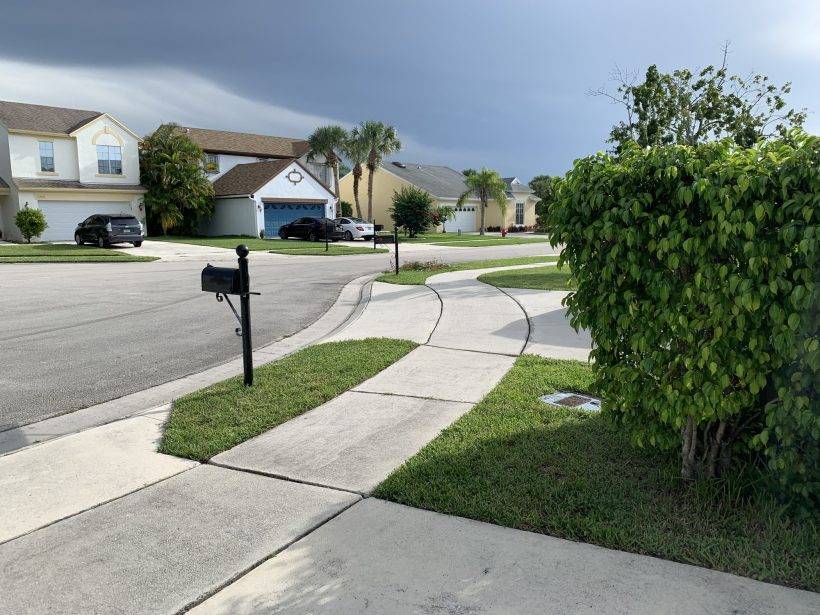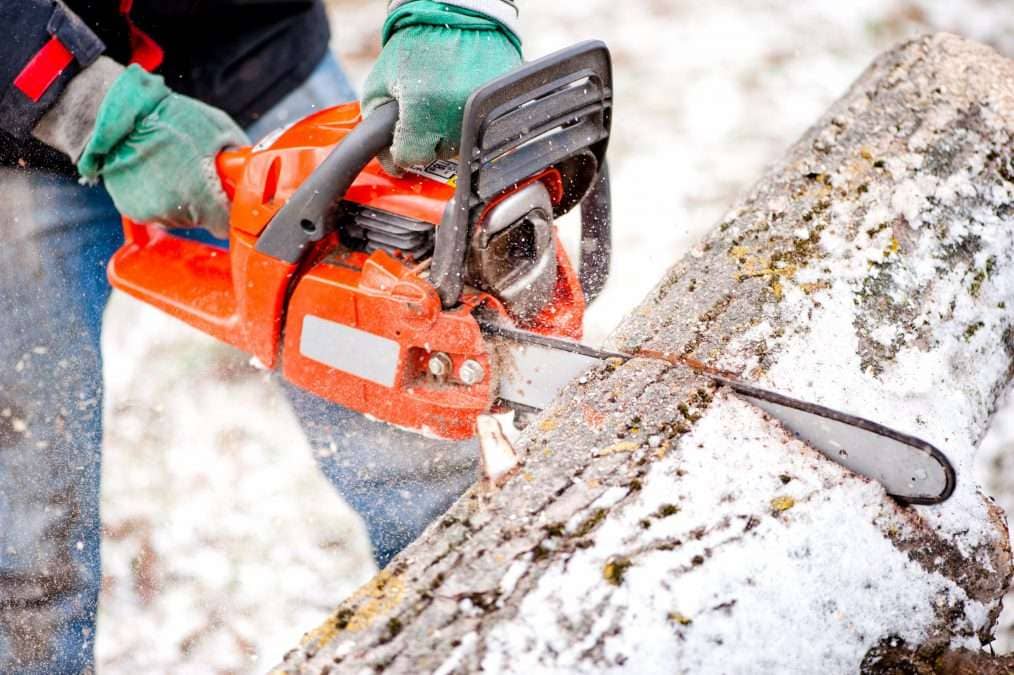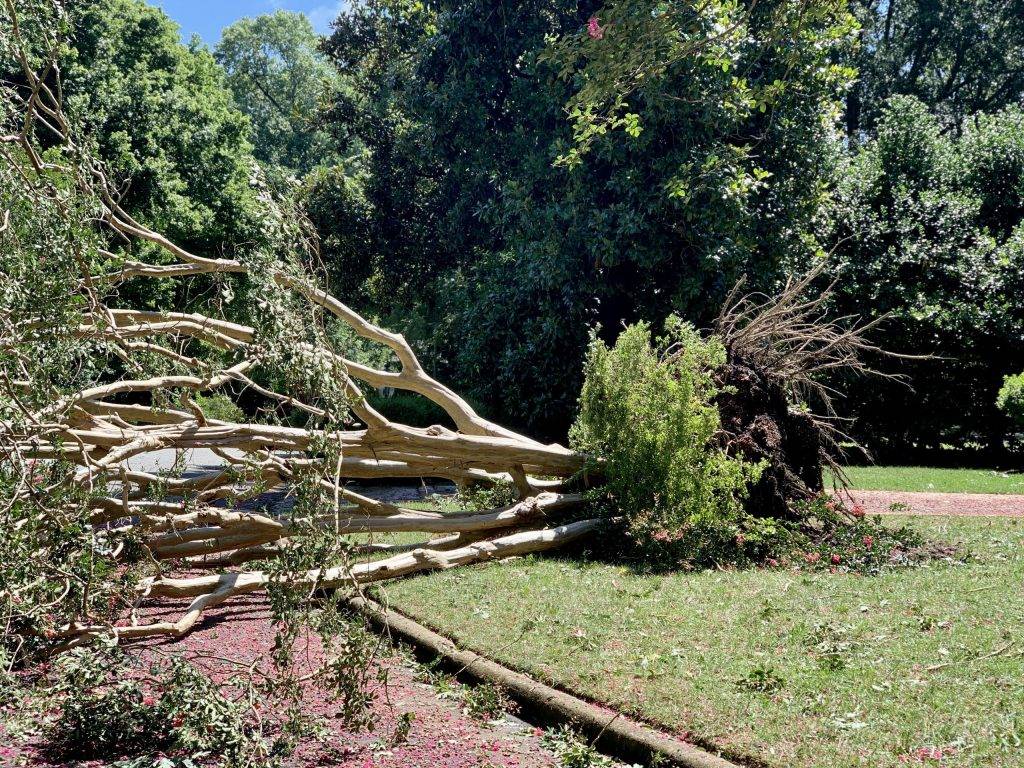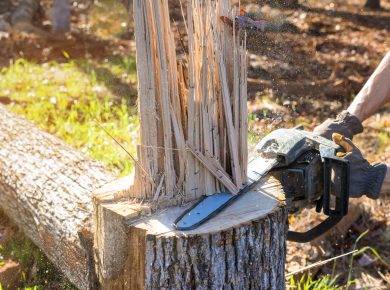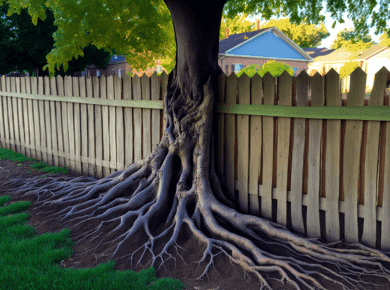Trees are a source of beauty, but they can also cause problems between neighbors. If you find yourself in a dispute with a neighbor over a tree, here are seven tips for resolving the problem.
Know your rights. A homeowner generally owns everything from the property line to the center of the street, but that doesn’t mean your trees have free reign. If a tree’s branches grow over your neighbor’s property, he or she has the right to trim them back to the property line. However, if you own an oak tree and your neighbor wants you to trim it back because of the mess it makes on their lawn each fall, that’s not your responsibility.
Take care of your trees. You’re responsible for the safety and health of any trees on your property, even if they grow into another person’s yard.
Understand tree law. In most places, there are laws governing what you can do with trees on your own property. For example, in many cities, homeowners must get permission before cutting down any trees — especially ones that are more than 15 years old or measure more than six inches in diameter around their base at chest height. Check with city hall to learn about local laws and regulations surrounding trees.
Personnel disputes between neighbors can be tricky. If you and your neighbor can’t work it out, the next step is to involve a third party — such as the police, mediation services or even a lawyer.
Here are seven tips for handling neighbor disputes:
- Don’t let it get out of hand.
If your neighbor’s tree falls onto your property, don’t pick up a saw and start hacking away at the branches that overhang your yard. You could seriously injure yourself or cause more damage.
- Don’t pick up the phone right away.
A dispute with a neighbor often involves emotions, so it’s better to talk face-to-face if possible.
- Make sure you’re in the right.
Reading over any homeowner association rules or local ordinances that might apply to your situation will help you understand your rights and responsibilities as a homeowner or renter. It also shows that you’re serious about finding a solution and not just looking to stir up trouble.
- Consider mediation services from an attorney or organization in your area
- Know when to call the police
- Document everything
- Hire an attorney
